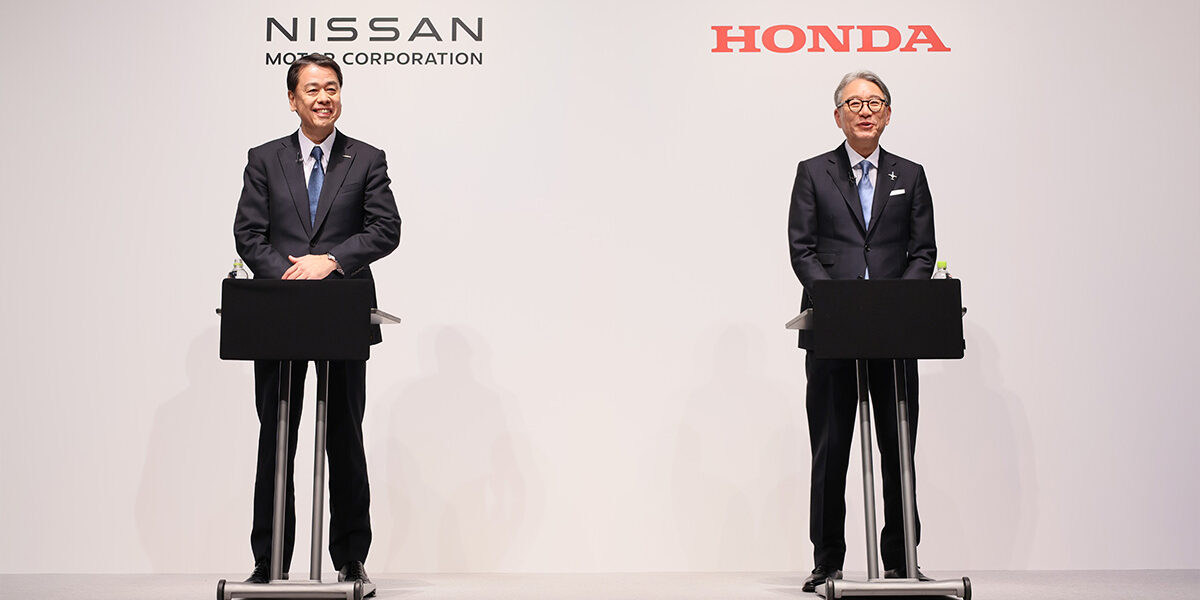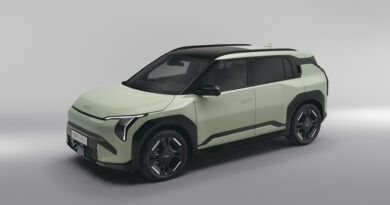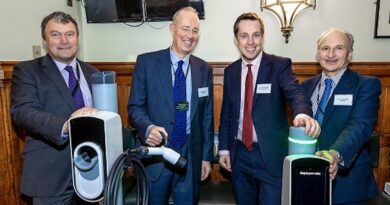Nissan and Honda in talks over future EV projects
Nissan and Honda have confirmed that they are in partnership talks over future electric vehicle technology.
The two Japanese motoring giants announced a memorandum of understanding that would see them work together as they try to drive down costs in the face of massive competition from China and the US.
The firms’ CEOs said that they would consider jointly developing and procuring core EV components such as motors and batteries, as well as sharing software platforms. They, however, said that there were no immediate plans for product-sharing in a similar way to Toyota/Subaru’s deal on the bZ4X/Solterra.
In a joint statement, Honda’s Toshihiro Mibe and Nissan’s Makoto Uchida said: “It is important to prepare for the increasing pace of transformation in mobility in the mid-to-long-term, and it is significant that we have reached this agreement based on a mutual understanding that Honda and Nissan face common challenges. We look forward to further discussions and aim to find win-wins for sustainable growth.”
The two brands have never partnered like this before but both face challenges to establish compelling EV options after focusing energy on developing hybrid powertrains.
After leading the way in the EV mainstream with the Leaf, Nissan has been left behind by rivals in the electric car segment. And Honda has been slow to enter the market. It only launched its second EV — the e:Ny1 – last year, and has already ended production of the unsuccessful Honda e city car.
Cheap production of EVs elsewehere, and in China in particular, has forced Japanese car makers to rethink their approach to vehicle development and seek ways to bring down their costs.
Uchida said: “We cannot afford to be complacent. Emerging players are making inroads with high competitiveness and totally different business models.”
Mibe added: “Can we survive? That’s the question. By 2030 we have to be a top runner, in a position to fight against the top players.”
Last year, Honda revealed plans to be an EV-only brand by 2040 and to launch 30 new EVs globally by 2030. In January, it unveiled its striking 0 Series concept models which hinted at its future direction. The 0 Series saloon and Space-Hub showed its plans for a sleek, low five-seat car and a functional van-style people carrier, both of which use e-axles incorporating a motor, inverter and gearbox into a single unit for maximum efficiency.
Nissan, similarly, announced plans for 19 new EVs by 2030 to join the Ariya SUV and Townstar and Interstar-e electric vans.






